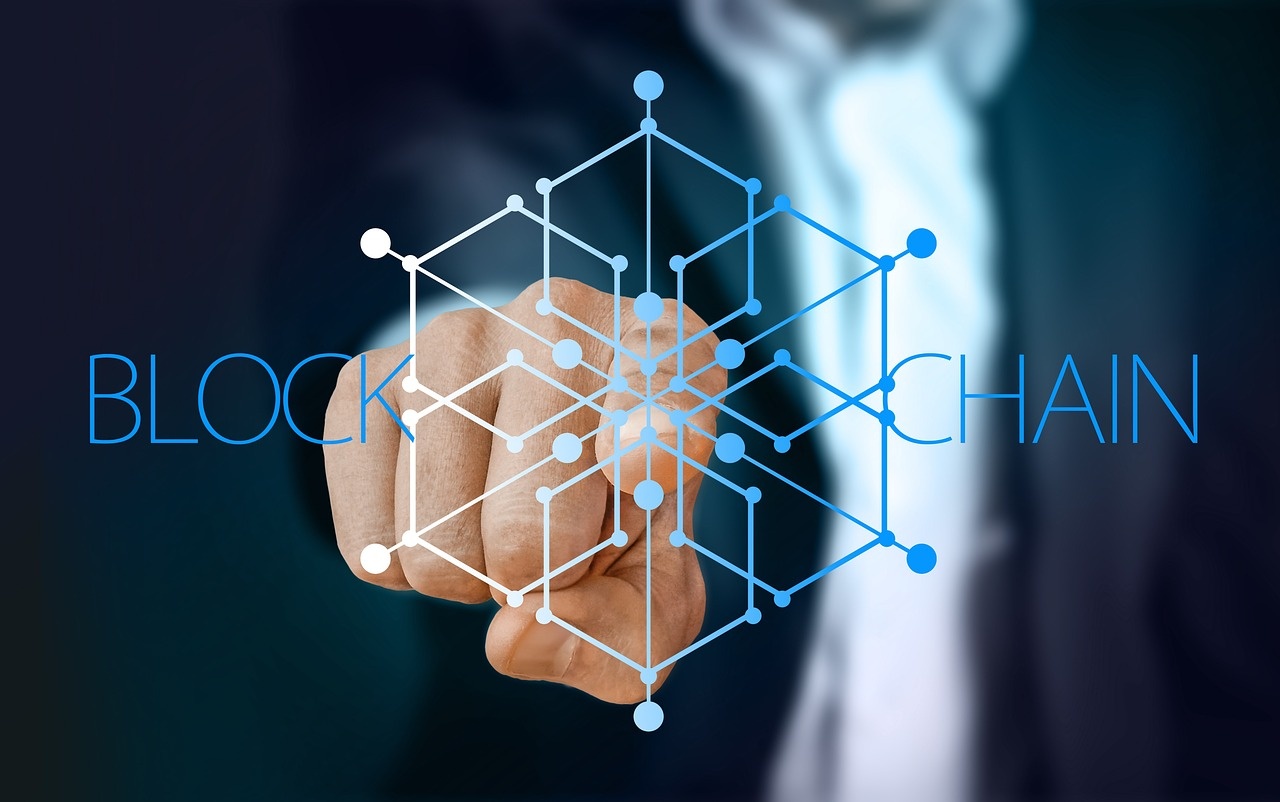Blog Details

11 July, 2025
Business Sales Growth with Artificial Intelligence
This revolutionary approach is transforming the landscape of marketing and sales, driving greater effectiveness and customer engagement from the very start of the customer journey.
AI-powered marketing automation has emerged as a leading trend, surpassing industry buzz. This transformative technology, particularly when integrated with Salesforce, reshapes how brands engage with their audience, providing exceptional experiences while concurrently reducing operational costs.
AI Marketing automation software serves its primary purpose by eliminating manual tasks, and saving time and resources. This efficiency allows marketing teams the freedom to focus on strategic elements, such as content strategy and innovative solutions. Marketing automation involves several crucial steps contributing to a more streamlined and effective marketing strategy.
Artificial intelligence is an umbrella term that covers several different technologies, like machine learning, computer vision, natural language processing, deep learning, and more.
At their core, though, all of these technologies help machines perform specific cognitive tasks as well as or better than humans.
Omnichannel is table stakes
Across industries, engagement models are changing: today’s customers want everything, everywhere, and all the time. While they still desire an even mix of traditional, remote, and self-service channels (including face-to-face, inside sales, and e-commerce), we see continued growth in customer preference for online ordering and reordering.
Winning companies—those increasing their market share by at least 10 percent annually—tend to utilize advanced sales technology; build hybrid sales teams and capabilities; tailor strategies for third-party and company-owned marketplaces; achieve e-commerce excellence across the entire funnel; and deliver hyper-personalization (unique messages for individual decision makers based on their needs, profile, behaviors, and interactions—both past and predictive).
These technologies analyze large datasets. They don't just crunch numbers, though. They use advanced computer science techniques and superior computational firepower to extract insights from data.
These insights can then be used to make predictions, recommendations, and decisions.
This type of AI, "machine learning," powers the most impressive capabilities in sales.
A typical non-AI system, like your accounting software, relies on human inputs to work. The system is hard-coded with rules by people. Then, it follows those rules exactly to help you do your taxes. The system only improves if human programmers improve it.
But machine learning tools can improve on their own. This improvement comes from a machine assessing its own performance and new data.
For instance, a marketing AI tool exists that writes email subject lines for you. Humans train the tool's machine learning using samples of a company's marketing copy. But then the tool drafts its own email subject lines.
Split-testing occurs, then the machine learns on its own what to improve based on the results. Over time, the machine gets better and better with little human involvement. This unlocks possibly unlimited performance potential.
Now, imagine this power applied to any piece of marketing or sales technology that uses data. AI can actually make everything, from ads to analytics to content, more intelligent.
This means sophisticated AI can analyze customer and prospect data, predict which prospects are most likely to close, recommend the most important sales actions to take, forecast results, optimize pricing, and much, much more.
How AI Improves Sales Automation
Artificial intelligence has the potential to improve sales effectiveness in a variety of ways, including:
Improving sales process – AI can be used to analyze data about the sales process, allowing your sales team to quickly identify patterns in your pipeline, which will allow them to make adjustments where necessary. This allows the team to improve their overall engagement efficiency.
Optimizing lead generation – Lead generation is an essential aspect of any business that relies on consumer demand. AI can optimize lead generation by monitoring website traffic, customer interactions, and social media mentions. This will let the team know when it’s time to reach out and follow up with potential buyers who could turn into clients.
Improving prospecting data – AI can be used to manage prospecting data by automating and enhancing various aspects of it, such as lead capture, update processes, and customer sentiment analysis. This allows the business to track and analyze trends in the marketing and sales process so that it can improve future outreach efforts.
Will AI for Sales Replace human resources
It's a valid concern—after all, these technologies are growing more powerful by the day.
There is no doubt AI will transform how sales teams work. But these tools often augment human salesperson rather than replace them. In fact, AI tools are increasingly taking over work that human salespeople don't have the ability or the time to do.
Instead of automating you out of existence, most AI sales tools actually give you superpowers.
Why Marketers Should Use AI in Marketing Automation
Automated marketing, a revolutionary technology streamlining marketing processes, grants marketers time and efficiency. Incorporating AI automation takes this a step further by empowering marketers to deliver personalised information seamlessly. AI ensures targeted and effective client communication. Beyond its cost-effectiveness, AI-based chatbots, for instance, significantly reduce human contact time, resulting in substantial cost reductions. Statistics show an average increase of 30% in returns when AI is implemented for marketing purposes.
Sales automation AI is the term used to describe artificial intelligence technology in sales. The use of this technology has seen widespread adoption in today’s digital age, with many companies using machine learning algorithms to automate certain aspects of their sales process.
Here are four ways to start using AI in your sales engagement:
Identify the right use cases. The first step is identifying which use cases will be most beneficial for your business. There are many different ways that businesses can begin evaluating what technologies will work best for their marketing and sales processes. Still, some of the most common uses include lead generation, prospecting, campaign monitoring, and behavioral analytics.
Build a pilot program. Once you have identified the use cases for your business, you can begin implementing a pilot program to help people understand how AI can be used to improve your business’s pipeline management process.
For example, a company might initiate a pilot program that uses artificial intelligence technology to research leads and then follows up with leads from salespeople who have been assigned to the leads based on their experience and results from previous engagements.
Partner with an expert. Next, you want to build out your AI-driven sales strategy to find an expert who can help you with the integration and development of your strategy along with supporting technology depending on the approach that best fits your business requirements.
Build a sales automation CRM system. Most companies have a sales automation system that they rely on for years. In most cases, these systems are built around Excel spreadsheets and CRM software, which means they do not currently take advantage of the intelligence of all the customer data available within their systems.
In order to increase your company’s efficiency, you will need to build a robust AI-driven sales automation solution that includes predictive modeling and data analytics. This is an exciting time for businesses that can use AI to drive greater efficiency and productivity in their businesses through the use of advanced machine learning techniques.






